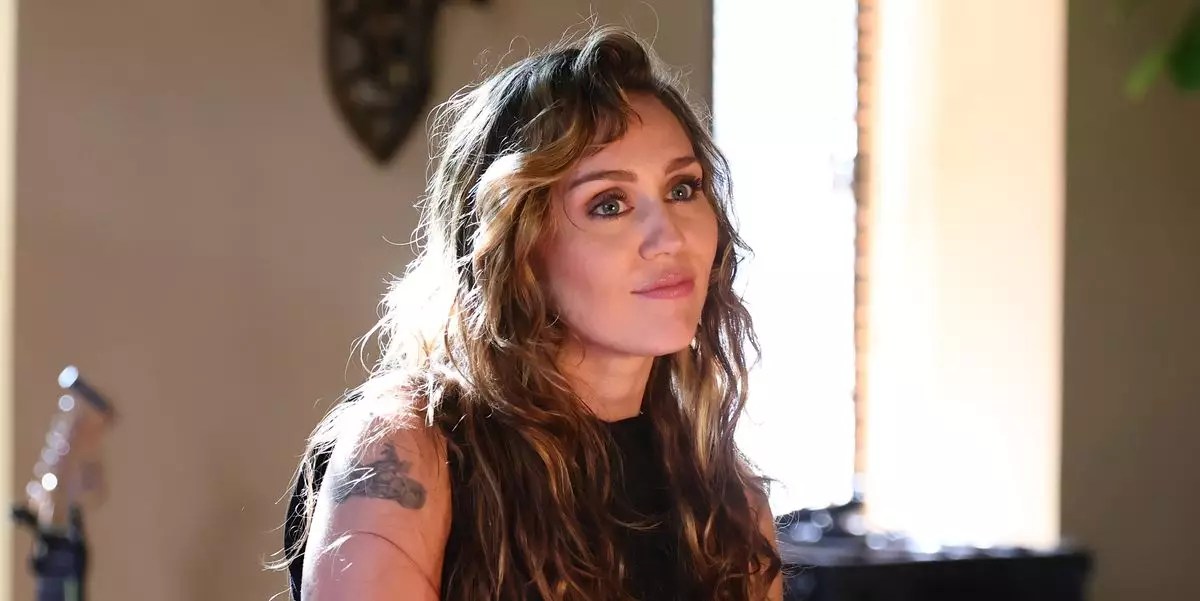Miley Cyrus has long been in the public eye, initially captivating audiences as a child star in Disney’s “Hannah Montana.” But her recent discussion on The Interview podcast with Lulu Garcia-Navarro reveals a remarkable evolution. Cyrus reflects on her extensive career, emphasizing the importance of passion in determining her artistic and business endeavors. Unlike many of her contemporaries who have diversified into makeup lines and other commercial ventures, Cyrus staunchly maintains that authenticity should guide one’s career choices. Her insights spotlight a valuable lesson: genuine passion is paramount when navigating creative professions.
Choosing Authenticity Over Commercialization
In a world where pop stars frequently capitalize on their fame to launch side businesses, Cyrus’ stance is both refreshing and thought-provoking. When questioned by her stepfather about her lack of a makeup line, she confidently asserted, “Because that’s not my passion.” This simple yet powerful declaration speaks volumes about the pressures celebrities face to conform to certain expectations. By not succumbing to the allure of the beauty industry, Cyrus prioritizes her interests and demonstrates that success need not be equated with a diversified portfolio of products. Her perspective challenges the notion that every artist must capitalize on their fame through merchandise.
The Weight of Motherhood and Responsibility
Cyrus smoothly transitions from business decisions to a broader discussion on motherhood, expressing her reservations about becoming a parent. “It’s a lot of responsibility and devotion,” she mentions, indicating her acute awareness of the sacrifices involved. Recognizing her disinterest in motherhood as a responsible choice rather than a failure, Cyrus opens the floor for conversations around the societal expectations of women—particularly those in the limelight. Her candidness invites reflection on the burdens placed on women regarding family life and career, an issue that continues to resonate deeply in contemporary discussions around gender roles.
A Supportive Sisterhood in the Industry
While Cyrus stands firm in her choices, she does not cast judgment on those like Ariana Grande, who embrace beauty entrepreneurship and motherhood. Instead, she showcases a nurturing spirit, emphasizing the importance of support among female artists. By sharing a bond with Grande, who has also experienced the trials of child stardom, Cyrus advocates for the mental health of young performers. She remarks on the need for emotional support systems, calling for weekly therapy check-ins for child actors. This advocacy not only shows her empathy but also highlights an essential aspect of their shared experiences, suggesting that acknowledgment and dialogue can pave the way for healthier industry practices.
Empowerment Through Self-Awareness
Throughout her podcast appearance, Cyrus embodies the essence of self-awareness, showcasing how therapy has been instrumental in her journey. By openly discussing her mental health efforts, she dismantles the stigma surrounding professional help, particularly for those in the entertainment industry. This candidness extends beyond her personal challenges; it serves as a rallying cry for change, encouraging young stars to prioritize their well-being against the backdrop of a demanding industry. As Cyrus interacts with emerging artists like Sabrina Carpenter, her protective instincts reveal a camaraderie rooted in shared experiences—an acknowledgment that the pressures of fame can lead to burnout, and it’s vital to check in with one another.


Leave a Reply